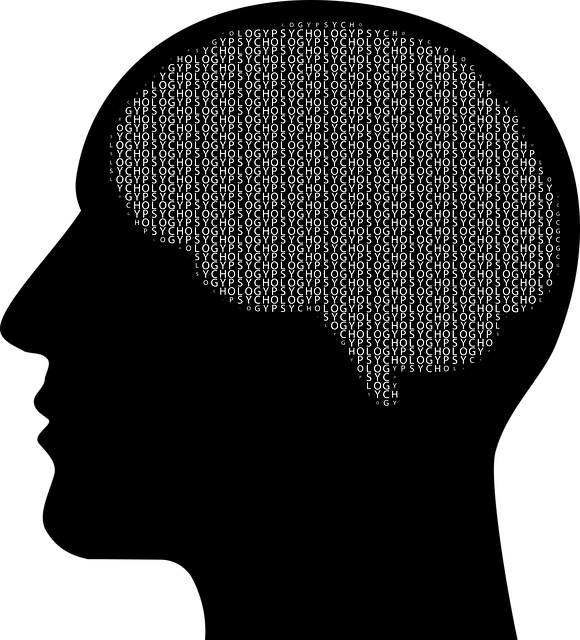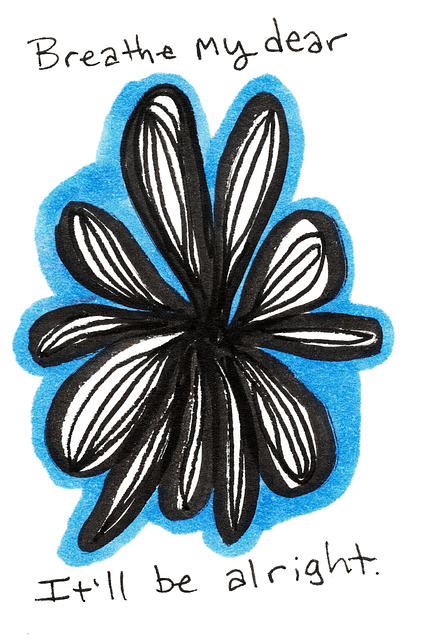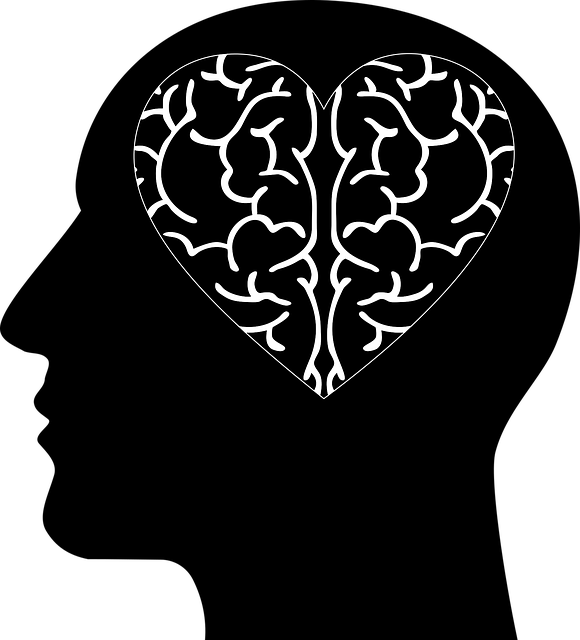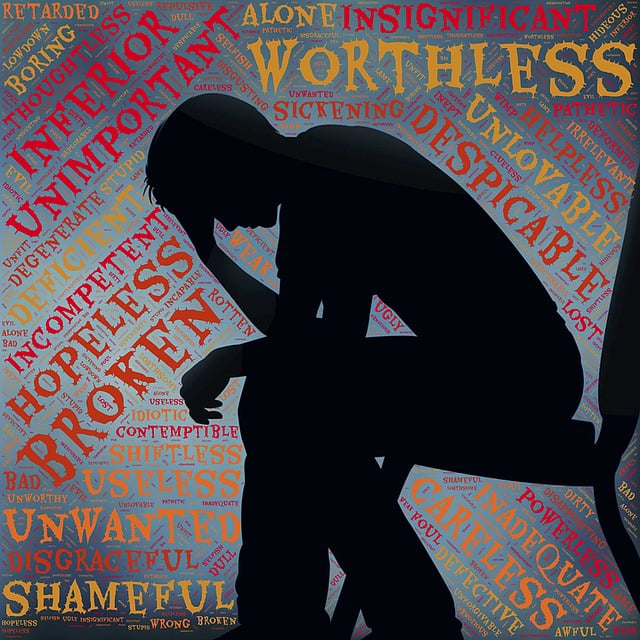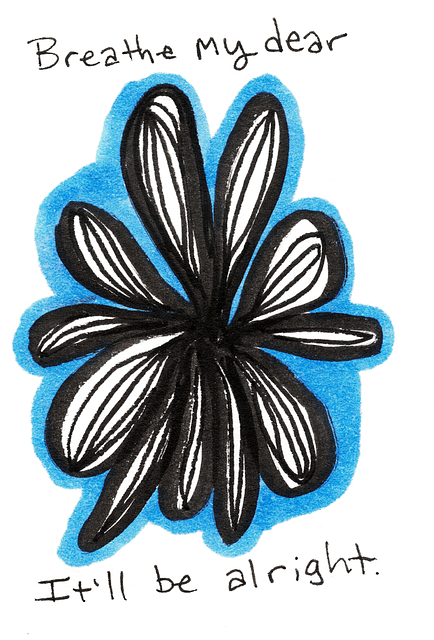Community outreach programs, such as those offered by Centennial First Responders Therapy, are crucial for connecting mental health support directly to marginalized communities and first responders. By integrating personalized stress management techniques, evidence-based practices like mindfulness meditation, and cultural sensitivity training, these initiatives break down barriers and build resilience. Successful programs foster meaningful connections, create dialogue through workshops and group discussions, and leverage partnerships with local businesses and healthcare providers to offer comprehensive, tailored support. Rigorous evaluation and adaptive management ensure continuous improvement, ensuring these outreach efforts have a lasting positive impact on community well-being.
Community outreach programs play a pivotal role in fostering social cohesion and addressing diverse needs. This article explores the profound impact of such initiatives, highlighting their significance for society, especially in supporting emergency workers like those at Centennial First Responders Therapy. We delve into strategic design, partnership building, and measuring success, offering insights that can revolutionize local community engagement. Discover effective approaches to create sustainable outreach programs that resonate with diverse populations, fostering a healthier, more resilient community.
- Understanding Community Outreach: Its Significance and Benefits for Society
- Centennial First Responders Therapy: A Unique Approach to Supporting Emergency Workers
- Designing Effective Outreach Programs: Strategies for Success
- Building Partnerships: Collaborating with Local Communities and Businesses
- Measuring Impact and Ensuring Sustainability: Evaluating the Effectiveness of Outreach Initiatives
Understanding Community Outreach: Its Significance and Benefits for Society

Community outreach programs play a pivotal role in fostering connections and addressing societal needs. At its core, community outreach involves initiatives that aim to bring organizations and services directly to the people who need them most, especially those often overlooked or marginalized. This strategy is particularly crucial for organizations like Centennial First Responders Therapy, which specializes in providing mental health support and therapeutic services to first responders dealing with stress and trauma. By adopting a proactive approach, these programs break down barriers and ensure accessibility to essential resources.
The significance of community outreach extends far beyond mere convenience; it empowers individuals and strengthens social bonds. Engaging directly with communities allows for a deeper understanding of unique challenges, enabling organizations to tailor their services accordingly. This personalized approach facilitates effective solutions, such as teaching Mind Over Matter principles and promoting Stress Management techniques through various programs and workshops. Through these initiatives, community outreach not only offers immediate support but also equips individuals with long-lasting Stress Reduction Methods, ultimately enhancing overall well-being and resilience.
Centennial First Responders Therapy: A Unique Approach to Supporting Emergency Workers

In the realm of community outreach program implementation, Centennial First Responders Therapy stands out as a unique and innovative approach to supporting emergency workers grappling with trauma. This specialized therapy recognizes the profound impact that high-stress jobs in healthcare can have on individuals, offering tailored support services for first responders dealing with the psychological aftermath of their duties. By integrating burnout prevention strategies for healthcare providers into its core, Centennial First Responders Therapy aims to foster resilience and promote holistic well-being among these essential community members.
The program’s effectiveness lies in its comprehensive approach, addressing not just the immediate trauma but also the lingering effects that can lead to chronic stress and burnout. Through targeted interventions, it empowers healthcare providers to navigate the challenging landscape of their professions while preserving their mental health. As a result, this initiative contributes significantly to the sustainability and efficiency of community outreach programs, ensuring that first responders remain equipped to serve and support others effectively.
Designing Effective Outreach Programs: Strategies for Success

Designing Effective Outreach Programs requires a deep understanding of the community’s needs and cultural nuances. At Centennial First Responders Therapy, we recognize that each community is unique, so our strategies are tailored to foster meaningful connections and address specific challenges. Engaging in active listening and collaboration with local leaders and residents is essential to ensure programs resonate and have a lasting impact. By incorporating evidence-based practices like Mindfulness Meditation and Self-Awareness Exercises, we empower individuals with Mind Over Matter principles to navigate stress and adversity effectively.
Successful outreach initiatives go beyond distribution; they create opportunities for dialogue and shared experiences. Our programs encourage participation through interactive workshops, group discussions, and accessible resources that promote mental well-being. By fostering open conversations around mental health, we build resilience within communities, ensuring that everyone has access to the support they need. This holistic approach, combined with a focus on cultural sensitivity, makes our outreach programs sustainable and impactful, creating positive change for years to come.
Building Partnerships: Collaborating with Local Communities and Businesses

Building strong partnerships with local communities and businesses is a cornerstone of successful community outreach programs. By fostering collaborations, organizations can leverage shared resources and expertise to address more comprehensive needs. For instance, partnerships between Centennial First Responders Therapy, healthcare providers, and community centers can enhance access to mental health services and crisis intervention guidance tailored to diverse populations. These collaborative efforts not only strengthen the capacity of each entity but also cultivate a culture of care and resilience within the community.
Additionally, incorporating Empathy Building Strategies in these partnerships is vital for fostering understanding and trust. Training local business owners and community leaders in Cultural Competency Training can significantly improve interactions with underserved groups. Such initiatives ensure that everyone involved—from healthcare providers to first responders—is equipped with the necessary tools to offer support while respecting cultural nuances and differences. This holistic approach, which includes Crisis Intervention Guidance tailored for specific needs, ultimately creates a safer, more inclusive environment for all members of the community.
Measuring Impact and Ensuring Sustainability: Evaluating the Effectiveness of Outreach Initiatives

Measuring the impact of community outreach programs, such as those offered by Centennial First Responders Therapy, is a critical step in ensuring their long-term sustainability and effectiveness. By evaluating the success of initiatives focused on public awareness campaigns development, it’s possible to identify what strategies resonate most with the target audience. This process involves collecting quantitative and qualitative data to assess changes in attitudes, behaviors, and overall well-being within the community. For instance, tracking participation rates in stress management workshops or compassion cultivation practices can provide valuable insights into the program’s reach and impact.
Additionally, sustainability requires continuous improvement. Regular feedback from participants, stakeholders, and partners helps refine outreach approaches and tailor them to evolving community needs. This iterative process not only strengthens existing programs but also fosters innovation, ensuring that initiatives remain relevant and impactful over time. By combining rigorous evaluation methods with adaptive management, organizations like Centennial First Responders Therapy can create lasting positive change in their communities.
Community outreach programs, as exemplified by innovative initiatives like Centennial First Responders Therapy, play a pivotal role in strengthening society. By addressing the unique needs of emergency workers and fostering partnerships with local communities and businesses, these programs create a network of support that enhances resilience and well-being. Effective outreach strategies, combined with robust evaluation methods, ensure sustainability and positive impact, ultimately enriching the lives of individuals and communities alike.


